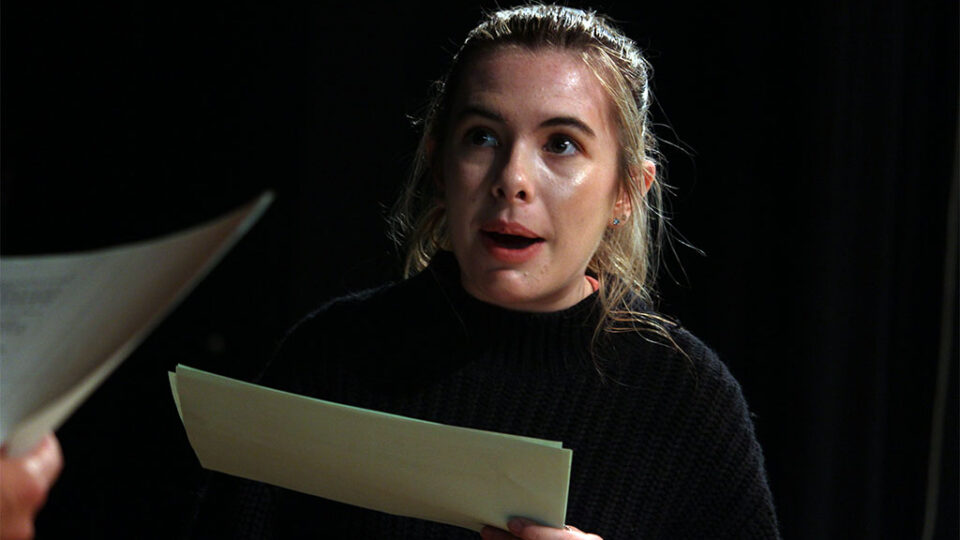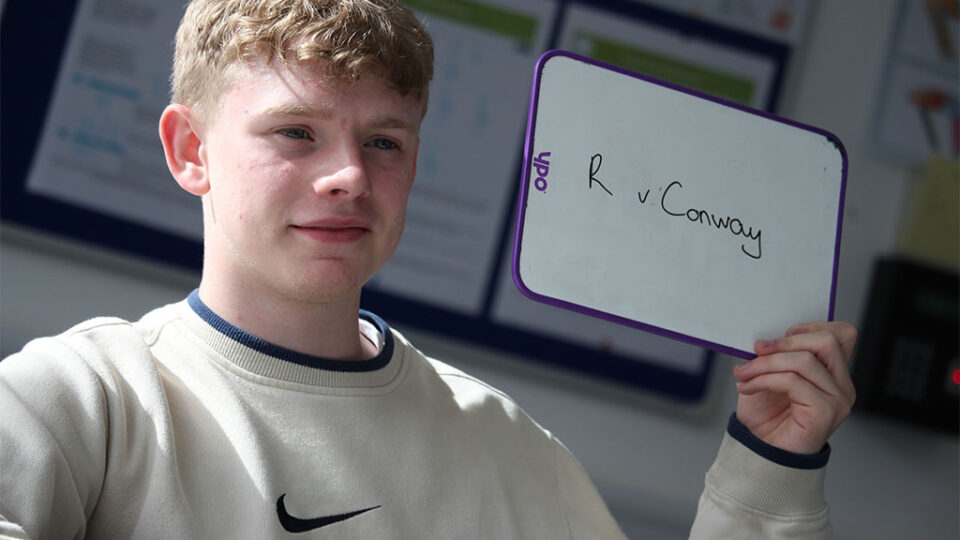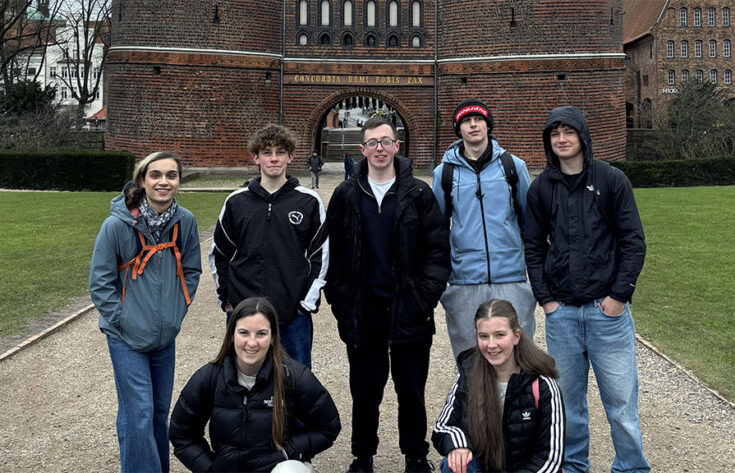English Literature
If you enjoy reading and discussing literature, you will enjoy this course. You will gain a detailed understanding of a broad range of poetry, prose and drama, while developing different critical approaches which can be used in reading and analysis. It is therefore essential that you are prepared to read independently.
Students starting an English A Level will be embarking on a linear course which means that all exam units will be assessed at the end of two years.

Course Outline
We follow the Pearson Literature specification and the course is as follows:
- Three exams – 80% of A level
- One NEA unit – 20% of A level
- Study of three main areas of literature: poetry, prose and drama.
Paper 1 – Drama
In this unit, students will study two pre-19th century plays, analysing dramatic conventions and applying contextual knowledge to their interpretations. For the Shakespeare text, students will also study wider reading and apply critical interpretations to their study of the text. Students will study:
- ‘Othello’ William Shakespeare
- ‘A Streetcar Named Desire’ Tennessee Williams
Paper 2 – Prose
In this unit, students will study prose through the lens of the Supernatural. They will compare two novels, analysing the similarities and differences between them in terms of that wider theme. The novels they will be studying are.
- ‘Dracula’ Bram Stoker
- ‘A Little Stranger’ Sarah Waters
Paper 3 – Poetry
In this unit, students will study a collection of poems from a specific pre-19th century writer. They will then be taught a collection of contemporary poetry that they will be required to compare to an unseen poem in the exam. The collections are:
- Christina Rossetti Selected Poems
- Poems of the Decade
NEA
In this unit, students will independently study The Great Gatsby by F. Scott Fitzgerald and then compare that to another text of their choice. They will also be required to do wider reading around those texts and apply critical theory to their comparisons.
Students who take A-level English Language tend also to study a broad range of arts and social science subjects, but links to Media Studies, Communication Studies, Law, Psychology, Sociology and English Literature are common. Consequently, students who take this combination of A-levels may end up pursuing a degree in Language (or related disciplines, like Linguistics), more general English Studies degrees, Education/Childhood Studies, and, beyond that, a wide range of arts and social science-based degree courses.
Career in education, advertising, journalism, the performing and creative arts, administration and management are common.
Recent visits have included the University of Huddersfield and the British Library. We have also attended the English and Media Centre Language Conference in London.












